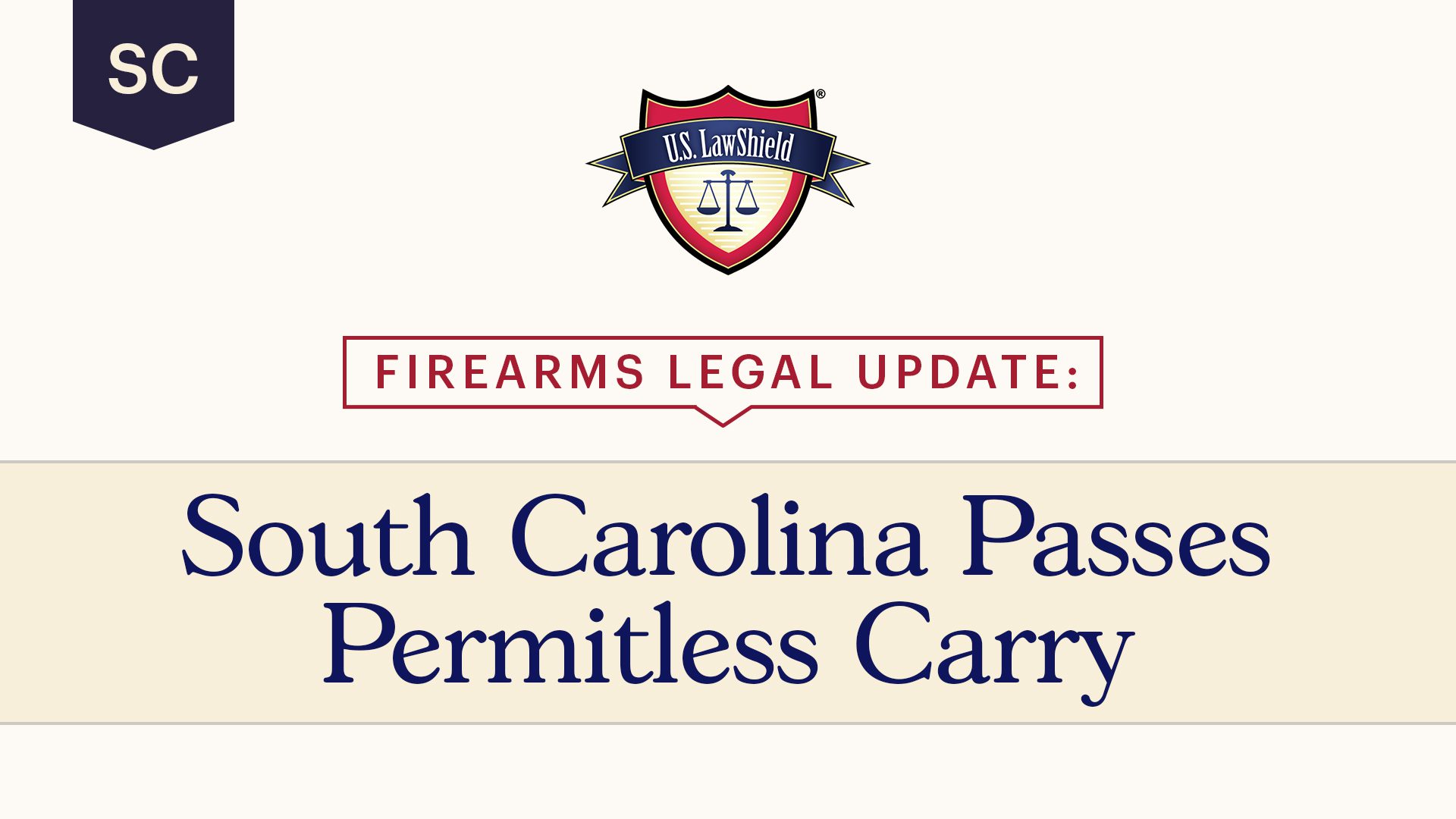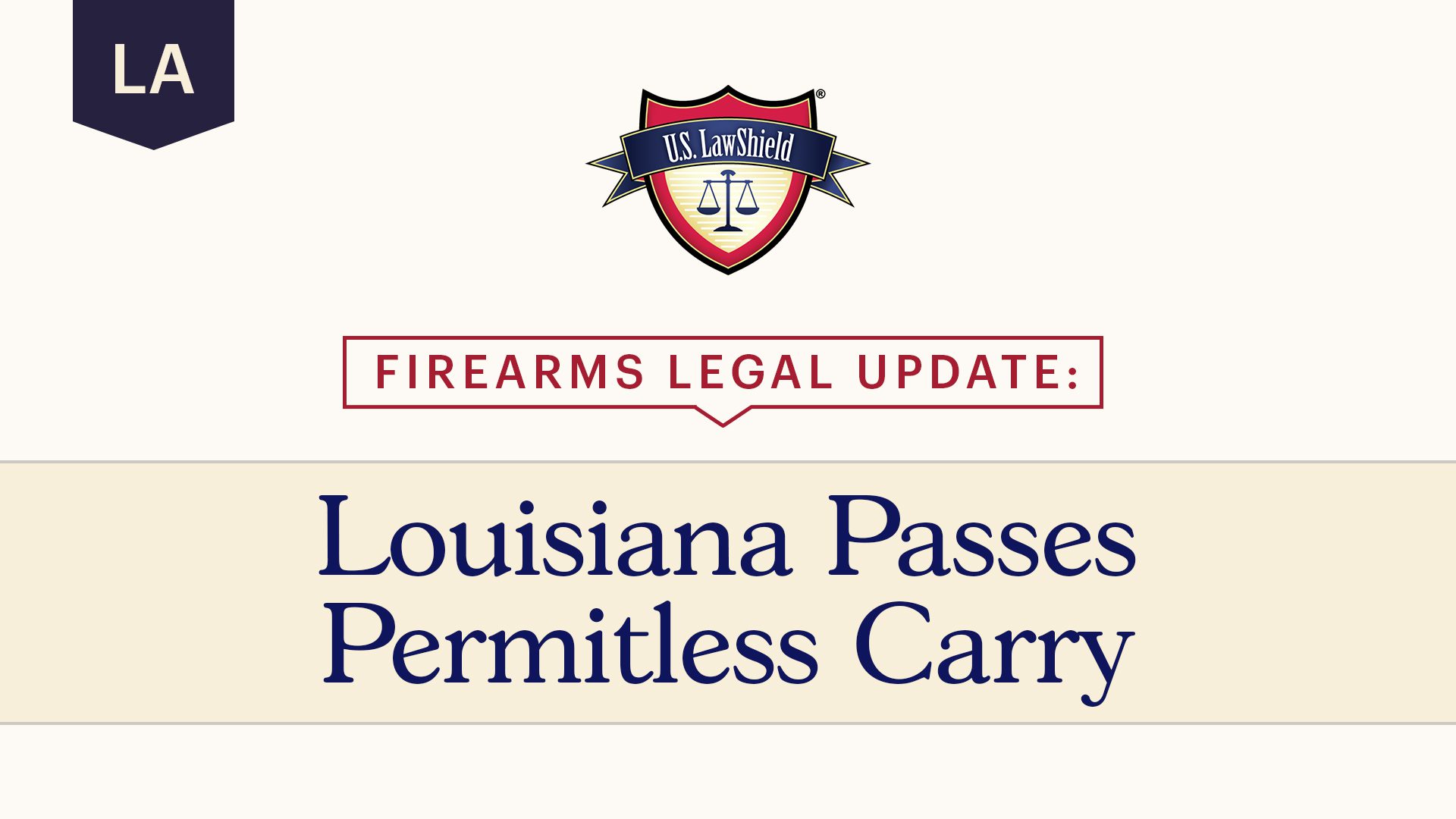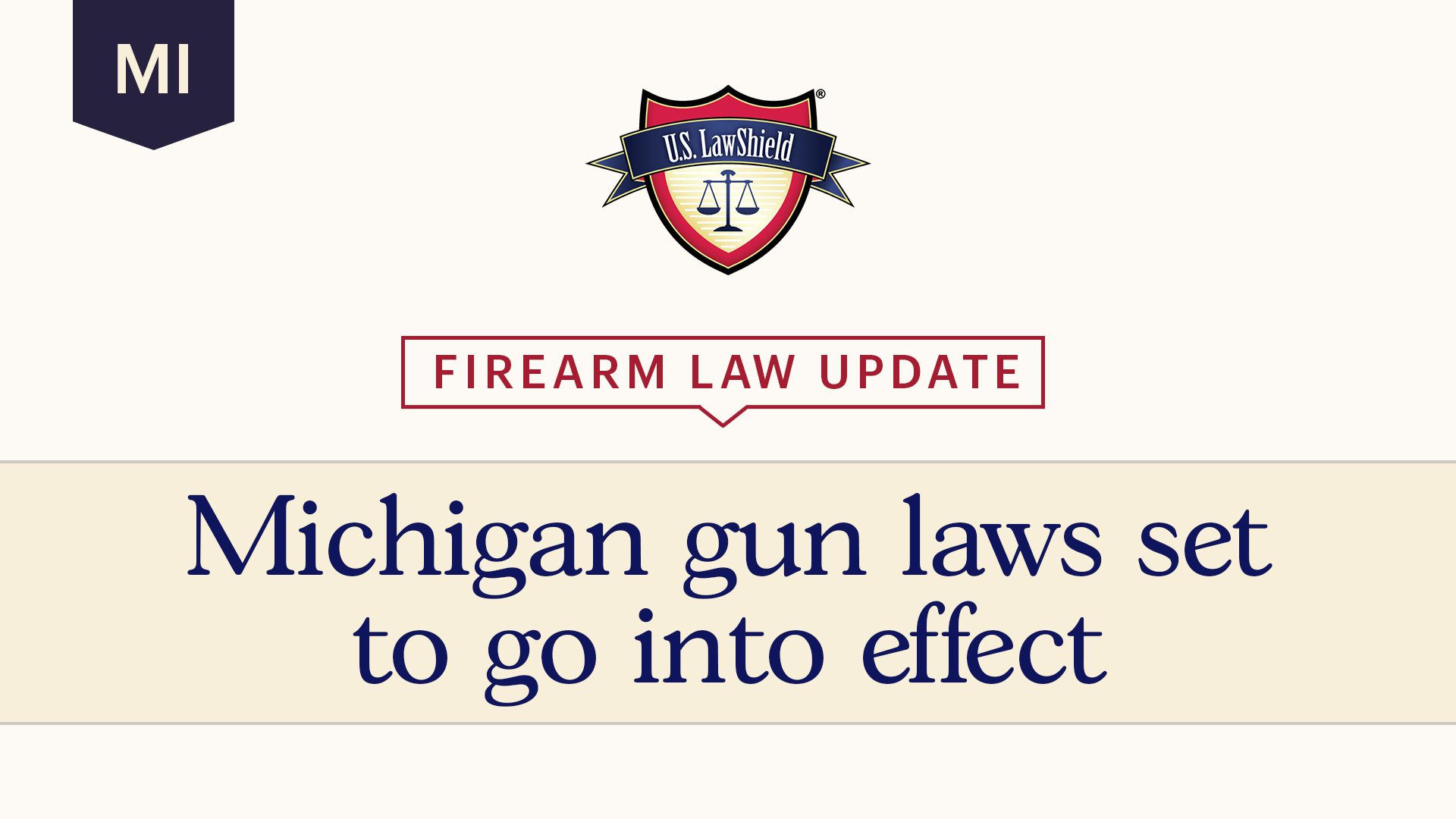I am often asked whether the law affords different protections for the justified use of deadly force inside the home versus outside the home. The answer is “yes” because Pennsylvania has a version of the “Castle Doctrine.”
What is the “Castle Doctrine?”
The Castle Doctrine is based on the idea that everyone has the right to be safe in his or her home.
First, the Castle Doctrine impacts the duty to retreat. Generally speaking, there is a duty to retreat, so long as it can be done in a safe manner. However, there is not a duty to retreat from your dwelling unless you are the initial aggressor.
Presumption
When we’re in certain situations, the law will give us what’s known as a presumption. If we’re in these situations, the law will presume that we had a reasonable belief that deadly force was immediately necessary to prevent death, serious bodily injury, kidnapping, or rape. Hopefully that standard sounds familiar, because it’s the justified use of deadly force standard.
When Do We Get This Advantage?
First, you get the presumption when somebody is in the process of unlawfully and forcefully entering your dwelling or residence. So, think of an intruder in the process of breaking in.
You also get this presumption when somebody has already unlawfully and forcefully entered your dwelling or residence. So, in the first situation they’re on their way in, in the second situation, they’re already in.
This presumption also applies to you if someone is in the process of unlawfully and forcefully removing you from your dwelling or residence, which sounds like it’s tailored towards a kidnapping type scenario.
In order to get this presumption in each of the above situations, you must know or have reason to believe that the unlawful and forceful entry—or in the last scenario, the unlawful and forceful removal—is taking place.
What Is A Dwelling?
The law specifically defines a “dwelling” as “any building or structure, including any attached porch, deck or patio, though movable or temporary, or a portion thereof, which is for the time being the home or place of lodging of the actor.”
So, it’s not limited to your front door, but it definitely doesn’t extend to your entire property. Similarly, a “residence” is defined as “a dwelling in which a person resides, either temporarily or permanently, or visits as an invited guest.”
For certain reasons, the Castle Doctrine could extend beyond even your dwelling or residence. For example, the presumption we spoke about also applies to an occupied vehicle. If someone is in the process of unlawfully and forcefully entering your occupied vehicle, if they already have unlawfully and forcefully entered, or they’re unlawfully and forcefully removing you from an occupied vehicle, you’ll get a presumption in those situations. Notice that the law says “occupied vehicle.” This law is meant to protect lives, not property.
Exceptions
There are also a few reasons why the Castle Doctrine wouldn’t apply. The law carves out exceptions for certain custody disputes, known police officers in their official capacity, or those with a right to be there, like an owner or renter. Finally, if someone is engaged in criminal activity or using their dwelling, residence, or vehicle to further criminal activity, the presumption does not apply.
The main thing you have to keep in mind is that the Castle Doctrine isn’t the end-all be-all. Just because you’re not entitled to the presumption of the Castle Doctrine doesn’t mean deadly force can’t be justified. You can have a reasonable belief that deadly force is immediately necessary whether or not the law is going to presume that you do.
Use Caution
But perhaps more importantly, the Castle Doctrine is absolutely not a license to kill just because someone is in your house. Remember, a presumption can always be overcome by evidence. Even if the law will start off in your corner and presume you had a reasonable belief, the presumption can be overcome if there’s an overwhelming amount of evidence that shows you didn’t have that reasonable belief or that you couldn’t have had that reasonable belief.
So yes, the Castle Doctrine offers additional protections for self-defense when you’re in your home. But don’t make the mistake of thinking that someone being in your home is a license to do whatever you please.
For any questions regarding what constitutes a “castle” in the Commonwealth of Pennsylvania, contact U.S. LawShield and ask to speak to your Independent Program Attorney.





I have read that pa is a stand your ground state (no duty to retreat from anywhere you have a legal right to be) but i believe you’re saying the opposite, Do i have a duty to retreat even if i’m in a public place where i am lawfully allowed to be and there is a threat against my life.